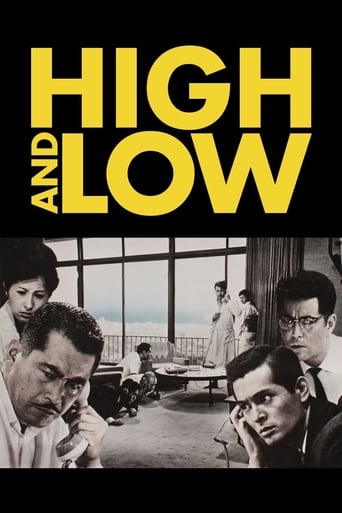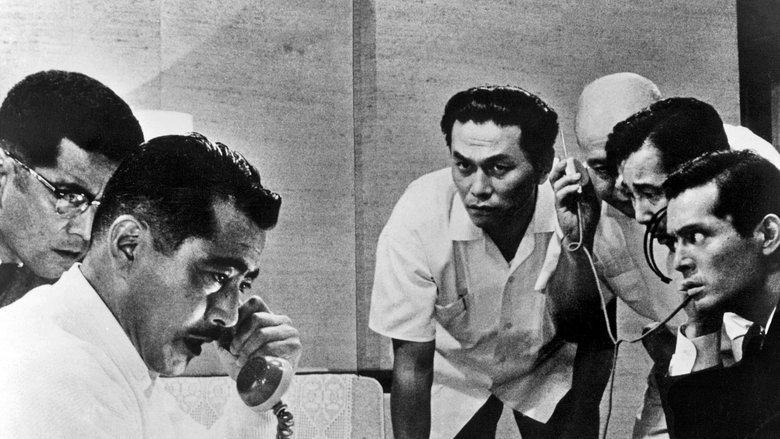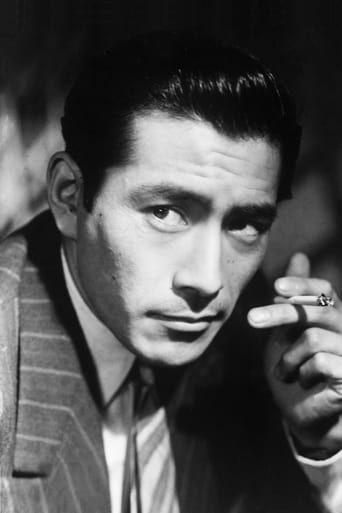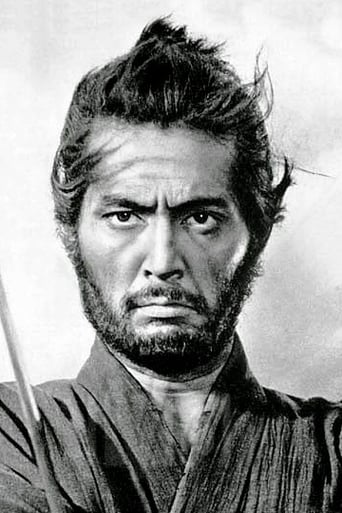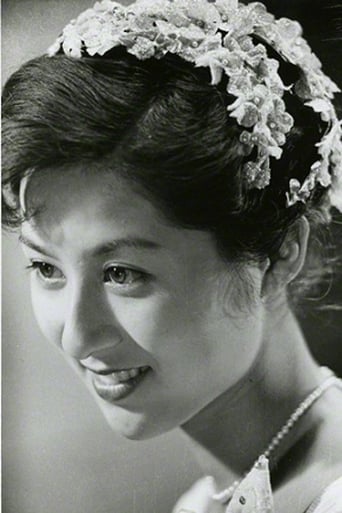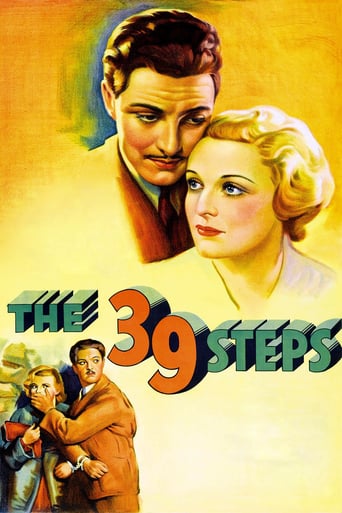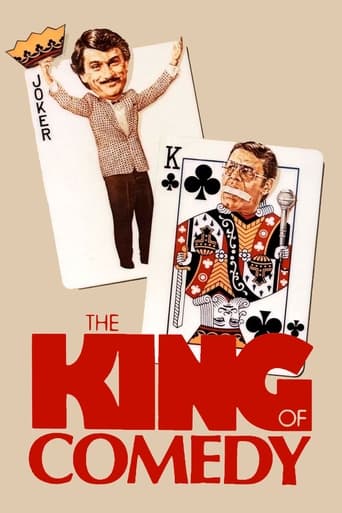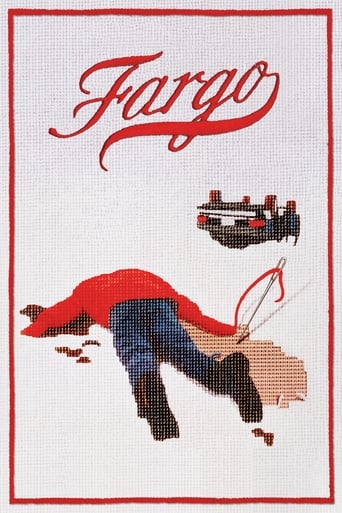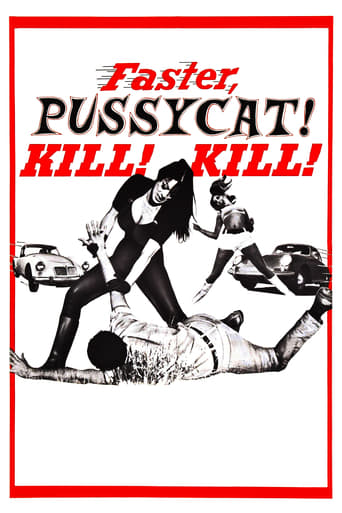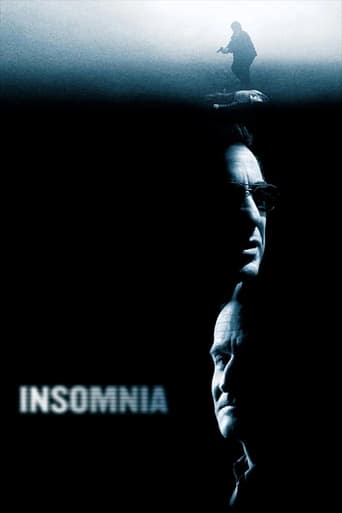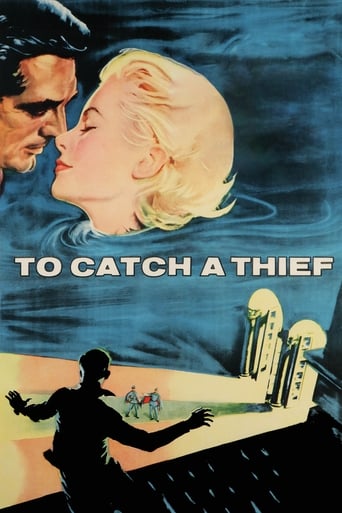High and Low (1963)
A shoe company executive who has mortgaged everything he has becomes a victim of extortion when his chauffeur's son is kidnapped and is conflicted over whether he should pay the ransom.
Watch Trailer
Cast


Similar titles
Reviews
A waste of 90 minutes of my life
Funny, strange, confrontational and subversive, this is one of the most interesting experiences you'll have at the cinema this year.
The film's masterful storytelling did its job. The message was clear. No need to overdo.
The story, direction, characters, and writing/dialogue is akin to taking a tranquilizer shot to the neck, but everything else was so well done.
Kurosawa made such good movies, even gems like these get ignored. Though filmed in 1963, it holds up really well even today and doesn't feel like a old movie because it was way ahead of it's time. The Kidnapping itself was orchestrated so well, it led to rise in Kidnappings in Japan post the movie's release. The movie must be watched for another reason, the Police procedure. It's depicted with realism, intensity, yet it never becomes complex for an average viewer. The best thing about Kurosawa, much like Ray, is the fact, his movies are simple yet so powerful, and are accessible to everybody. Highly recommended.
Up till now I've only seen Toshiro Mifune in Kurosawa's samurai movies, so it was kind of comical to see and hear him in this film when he stated "Shoes are my life". It just struck me as rather funny, but then, almost on a dime, Mifune's character Kingo Gondo reacted to his young son playing cowboys with a friend by stating that in a tense situation, "Man must kill or be killed". That had to be a subliminal rationale for Gondo's decision to wrest control of his National Shoe Company away from the owner and executive board. Borrowing against everything he owned, he was about to make a business deal that would have set him up for life.The first half of this movie sets up a moral dilemma for Gondo after a kidnapping gone awry puts him in the position of having to come up with a thirty million yen ransom, not for his own son, but for the son of his chauffeur. Without having knowledge of the Japanese mindset, I had trouble understanding why Gondo would have refused to pay the ransom if it meant his son's friend might be faced with death at the hands of a maniacal kidnapper. Granted, we had insight on the strings Gondo had to pull in order to put together the takeover plan for his company, but to my mind, the scales were balanced in favor of saving the kid. It was interesting to see how it was Gondo's wife and chauffeur who appealed to his better nature and not the police detectives assigned to the kidnapping case. Chief Inspector Tokura (Tatsuya Nakadai) remained emotionally detached during these confrontations, which struck me as somewhat odd.What's also intriguing is how the film switches gears in the second half after the ransom demand is finally met, and the police begin their work to solve the crime and capture the kidnapper. The forensic work of the detectives is quite significant in scope, taking into account such features as train schedules, landscape, locations of phone booths near Gondo's home, and the recollections of the young kidnap victim who was released after the ransom was paid. Having identified the perpetrator however, I was left stymied as to why the detective team failed to make an immediate move on Ginjiro Takeuchi (Tsutomu Yamazaki) when they had a chance more than once on the street. Since the apprehension was eventually made at a hideout location identified by Tokura, it didn't make sense to me why the police waited, other than as a concession to the script. Nothing of significance occurred with the kidnap suspect to suggest the cops should have delayed.The final sequence in which Takeuchi requested a face to face meeting with Gondo reminded me of a similar scene in the 1938 film "Angels With Dirty Faces". Only in that movie, Cagney's Rocky Sullivan went 'yellow' at the request of his childhood friend Father Jerry, whereas Takeuchi transformed from an arrogant and smug wise guy into that of a cowardly punk in the face of execution for the murder of his two associates in the kidnapping case. Except for Gondo appearing at the meeting with Takeuchi, the disappearance of Mifune's character in the second half of the story almost made it feel like one is watching a different movie.
"This film brought awareness and somewhat changed laws when it came to child kidnapping in Japan, and is easily one of Kurosawa's finest outside of his period dramas". If I could end this review with just that statement I would be very happy, for those who have seen the movie know exactly what I'm talking about.Based on the 1959 Novel "King's Ransom" by author Ed McBain (How amazing and American is that for a name), the first half all takes place in a living room. Shoe executive Kingo Gondo (Toshiro Mifune), who was about to craftily claim a decent position within his line of business, must soon carefully consider his next possible choices to not give in to anonymous demands from a phone caller who has abducted a child as a means of leverage. The next half is a police procedural's nightmare lead by another fantastic actor and Kurosawa regular Tatsuya Nakadai, to find this elusive caller in hopes of discovering how and why these events started in the first place.The two things that will sell you immediately is Toshiro Mifune's incredible performance, the other is the pacing and dialogue which is crafted so well never has the nature of a situation been so apparent. The directions in which the narrative takes never falter as they progress, and the camera-work by Kurosawa is easily one of the sharpest of his Black and White movie era. Whilst this all leads to an "anti-climactic" situation of sorts, the simplicity of the surprises and revelations lead to one of those movies that leaves a deep impression of just how meaningless and out of hand such a situation becomes (The Western title "High and Low" refers to Gondo's house upon the hill overlooking the slums of a city, the movies exact title "Tengoku to Jigoku", literally means "Heaven and Hell").Final Verdict: Impeccably crafted, almost endlessly re-watchable and influenced countless crime drama we see on Television today. It certainly stood for something for its time, and presents a scenario where unfortunately none of our characters can seem to find any middle ground. 10/10.
High and Low is one of the few widely acclaimed Akira Kurosawa films which don't tell stories about samurais. But even then, Kurosawa's mark is apparent in every frame of this tremendous movie. A hard working businessman named Gondo faces a huge morality test when a kidnapper kidnaps the son of his chauffeur. If he pays the huge ransom demanded, he will lose everything in his life which he has worked very hard to earn, on the other hand, if he refuses to pay the money, he will forever remain guilty in his own eyes and lose his humanity. The first half of this film primarily takes place in Gondo's top notch modern building which stands elevated from the rest of the city on top of a hill, making it visible to all the average city dwellers. The second half is more of a procedural account of the gritty and relentless police work in the heart of the city and in the dirty streets to catch the kidnapper. So the first half is the High, while the second half is the Low.The acting is good all across the board. Mifune and Nakadai deserve a special mention. Akira Kurosawa does not leave any stone unturned in making the police work in the 2nd half of the film seem as realistic as possible. We follow the police force in their attempt to bring down the criminal in a steady step by step process. The cinematography in a particular train sequence is absolutely masterful. The camera moves at the frantic pace of the train, but we see everything that we need to. The main theme of the film is the inequality that clearly exists between the haves and the have-nots in our society. The morality involved in making the humane choice and being selfless is also a critical aspect of High and Low.In a nutshell, this is a movie which on the surface is a procedural crime drama, but beneath its surface it is a commentary on the inequality in everyday society. An enthralling watch from start to finish.

